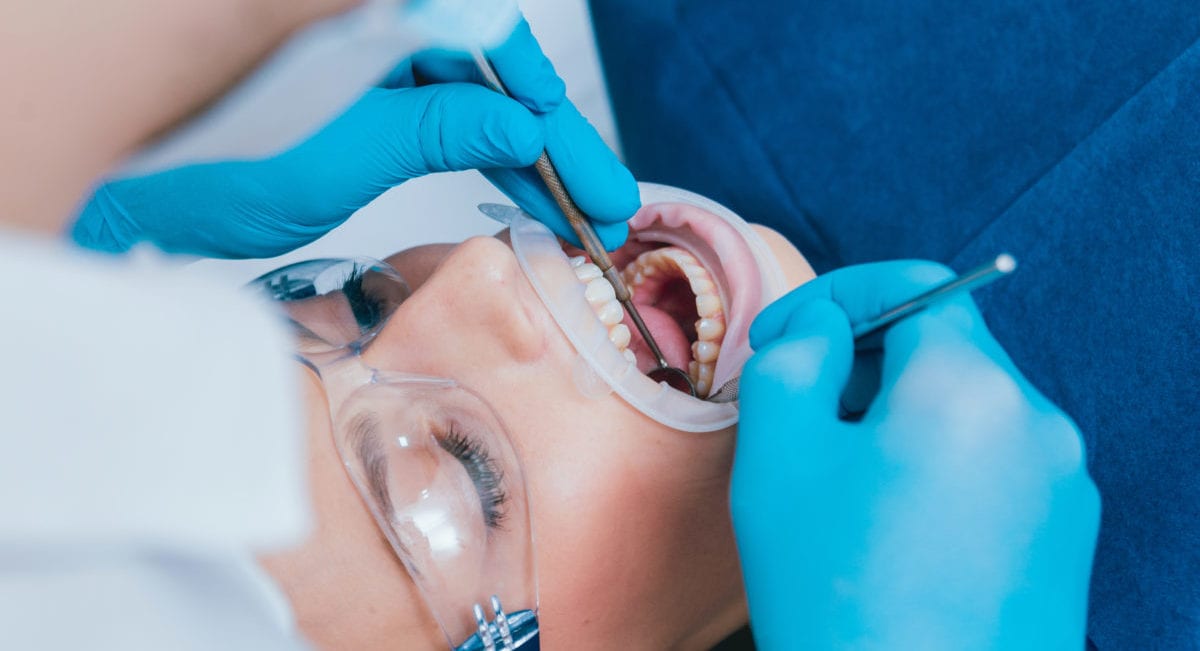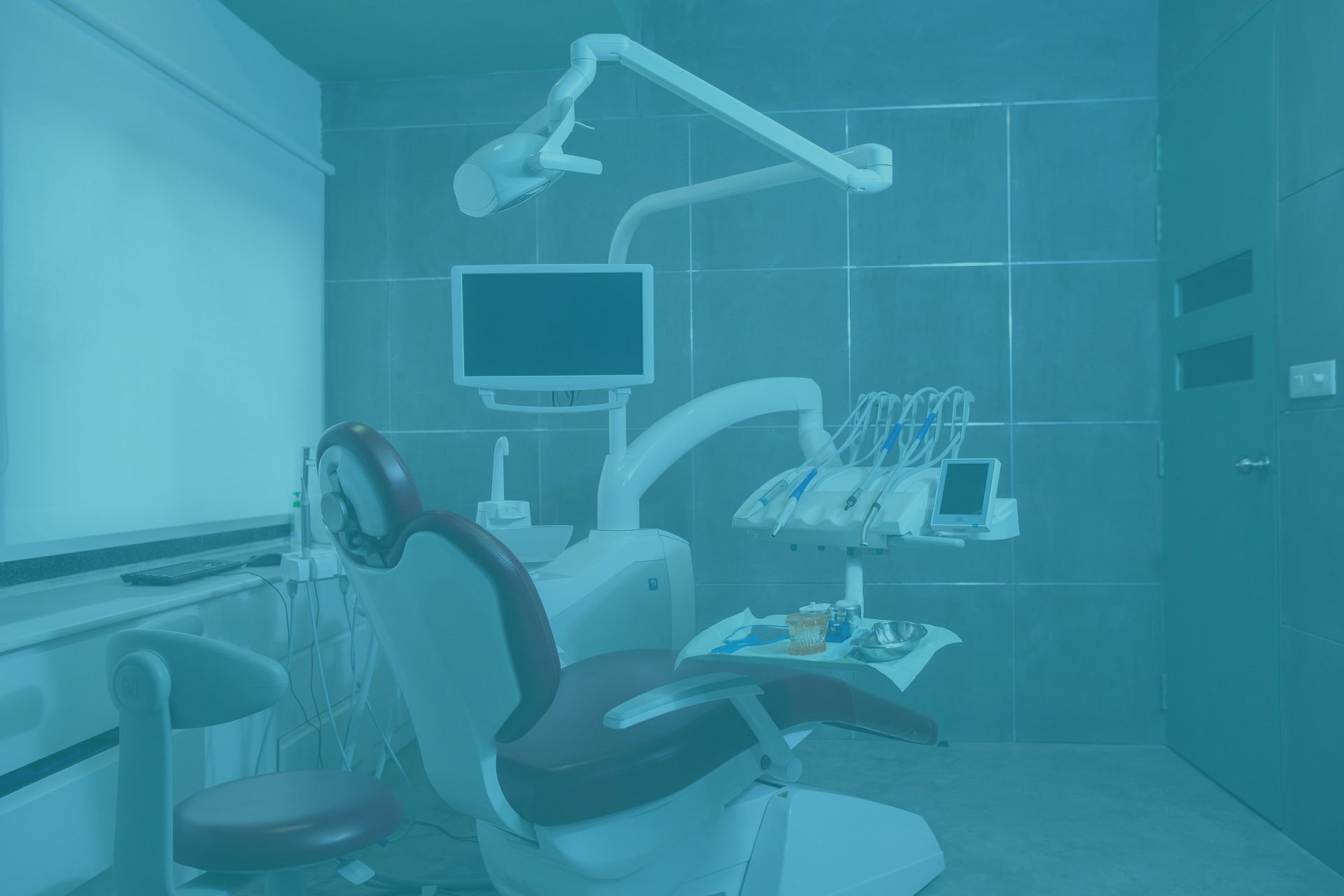
19 Sep How to Sleep Better If You Have Sleep Apnea Symptoms
No matter how many healthy sleep habits they develop, some people experience poor sleep quality and wake up feeling weary. If you have almost perfect sleep hygiene but are still having trouble falling asleep, you most likely have a sleep problem. Capture Life Dental Care offers the best full mouth rehabilitation treatment in Hyderabad.
The Connection Between Sleep Apnea & Full Mouth Rehabilitation
Nearly 40 million people have ongoing sleep problems every year. The teeth-grinding condition known as ‘bruxism’, which affects about 31% of the population, is a prevalent sleep disturbance.
Most people are not aware that untreated sleep apnea frequently causes grinding of the teeth. With sleep apnea, the throat muscles block the nasal passages and airways, preventing you from breathing for long period at night.
Disturbed sleep
According to the survey, nearly one in four people with obstructive sleep apnea grind their teeth at night.
Common Sleep Apnea & Teeth Grinding Symptoms in Adults
If you frequently wake up with headaches, earaches, weariness, tight jaw muscles, or sensitive teeth, you undoubtedly grind your teeth at night. Additionally, bruxism can lead to worn-out teeth and deformed teeth. Sleep apnea, on the other hand, is a little more elusive to detect.
Abrupt Awakenings
Sleep apnea causes excessive daytime tiredness and exhaustion despite having slept all night (Hyper insomnia) and sleeping problems (insomnia). It is typical to wake up with a headache, sore throat, or dry mouth. Occasionally, waking up gasping or short of breath, frequent urination are further effects. Besides, high blood pressure, irritability, depression, decreased libido are also caused. Following that are challenges with memory, concentration, and attention. Sleep apnea can sometimes induce more severe anxiety and mood changes.
Common sleep apnea & teeth grinding symptoms in children
Children also show signs of bruxism and sleep apnea. It’s interesting to note that several of these symptoms, such as trouble learning, a short attention span, and low academic performance, are also indications of ADHD (one of the most common neurodevelopmental disorders of childhood).
Additional warning indications include:
- Snoring
- Excessive slumber during the day
- When awake and asleep, mouth breathing is excessive.
- Repeated breath pauses during sleep
- Prolonged sleep increases the risk of bedwetting, apnea, and tooth grinding
In addition to type 2 diabetes, acid reflux, weakened immune system, mental health problems, memory loss, and an elevated risk of stroke or heart failure, sleep apnea can result in numerous major health problems if left untreated.
The effects of overnight teeth grinding can eventually break, loosen, or wear down teeth, enamel, crowns, and fillings in addition to the symptoms of a sore and fatigued jaw, migraines, and sensitive teeth.
The good news is that there are several treatments you can attempt to treat sleep apnea and teeth grinding, which can ultimately enhance the quality of your sleep.
If these lifestyle modifications don’t help you sleep better, you may benefit from medication, surgery, or the use of oral appliances that move your jaw or tongue while you sleep to keep your airway open. Getting fitted for a personalized night dental guard can help straighten the jaw and prevent teeth grinding.
Try putting these tips into practice to get better sleep and consult your dentist (or a paediatric dentist for your kids) about your symptoms and the best course of action.
Find the best dentist in Hyderabad at Capture Life Dental Care for your rehabilitation treatment to talk over your alternatives and start the journey to better sleep.
View this post on Instagram

